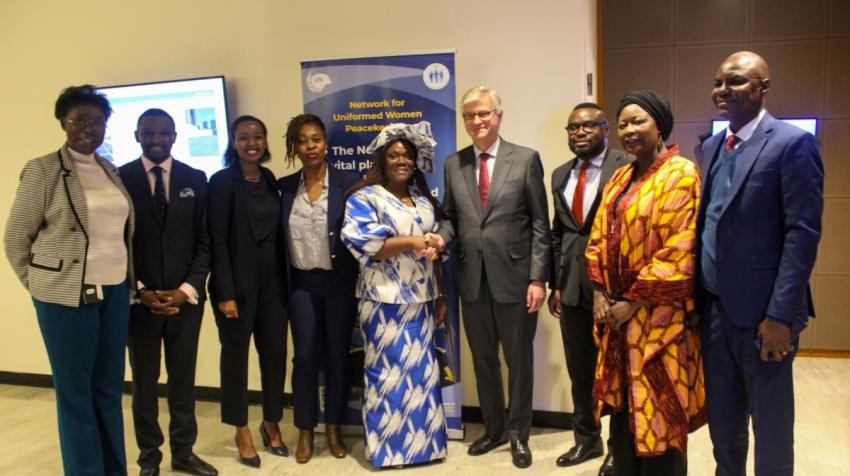On 31 October, the United Nations marked the 25th anniversary of Security Council resolution 1325 on Women, Peace, and Security (WPS).
In honour of this milestone, the Department of Peace Operations (DPO) organized “Rethinking, Reimagining, and Recommitting to WPS in UN Peacekeeping,” which brought together UN officials, Member States, civil society, and women peacebuilders.
They discussed the achievements, gaps, and forward-looking approaches to implementing the Women, Peace and Security Agenda.
Security Council resolution 1325, adopted in 2000, recognizes women as vital agents of change in peacebuilding, conflict prevention, and security processes.
Over 25 years, it has shaped peacekeeping mandates worldwide--from Cyprus to South Sudan--embedding gender perspectives, supporting the deployment of Gender Advisors, and supporting women’s full, equal, and meaningful participation in peace and political processes.
Yet, as highlighted during the event, implementation remains uneven, and women’s voices are still often sidelined.
Opening statements reaffirmed that women’s full, equal, and meaningful participation remains both a moral imperative and a strategic cornerstone of effective peacekeeping and sustainable peace.
Bob Rae, Permanent Representative of Canada to the United Nations, underscored the urgency of renewed political and financial commitment to safeguard gains in the Women, Peace and Security Agenda and peacekeeping.
Under-Secretary-General for Peace Operations Jean-Pierre Lacroix said, “There is nothing ideological about the WPS Agenda.” Gender equality directly enhances mandate delivery and mission effectiveness.
Echoing this, Marius Aristide Hoja Nzessioue, Permanent Representative of the Central African Republic to the United Nations, called for greater trust in women’s leadership: “We need to listen to women, trust them, and above all, fund them.”
Participants emphasized three interlinked priorities for the future:
-
Empowering grassroots movements and women’s organizations to localize, sustain, and expand the gains of the Women, Peace, and Security Agenda
-
Reinforcing institutional capacities and ensuring adequate and predictable resources to operationalize gender-responsive peacekeeping
-
Advancing data-driven approaches to strengthen the implementation of the Women, Peace, and Security Agenda
As the 25th anniversary makes clear, the Women, Peace and Security Agenda is at a crossroads. It is crucial to move beyond rhetoric into resolute action, placing gender equality at the foundation of sustainable peace.



